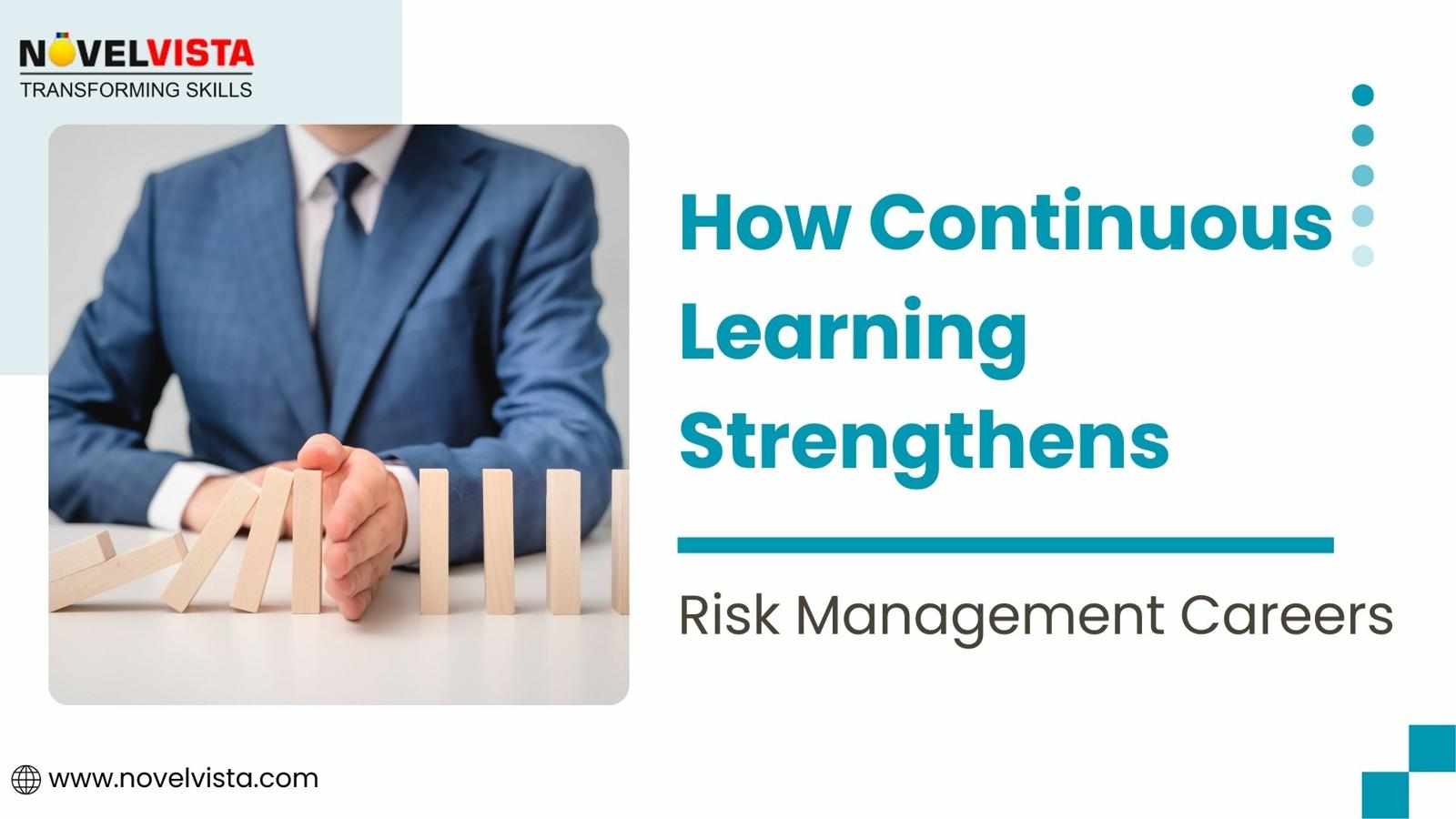
In today’s fast-changing business environment, risk management has become more than just a compliance requirement—it’s a strategic necessity. Organizations across industries face complex challenges, from cybersecurity threats and climate change to global supply chain disruptions. As risks evolve, so must the professionals who manage them. For risk managers, continuous learning is no longer optional; it’s the foundation for career growth and long-term success.
Why Continuous Learning Matters in Risk Management
Risk management is a dynamic field where yesterday’s solutions may not work for tomorrow’s challenges. Professionals who commit to ongoing education are better prepared to adapt to these changes. Continuous learning:
Keeps knowledge updated: Regulations, frameworks, and industry standards evolve. Staying current ensures compliance and relevance.
Sharpens analytical skills: Risk managers must analyze complex scenarios and predict potential outcomes. Ongoing training hones critical thinking.
Boosts decision-making ability: With new insights and tools, risk professionals can make informed, data-driven decisions that protect organizations.
Builds resilience: Learning equips managers with the skills to anticipate, adapt, and respond to crises effectively.
In short, continuous learning enhances both technical expertise and strategic vision, helping risk professionals remain valuable assets to their organizations.
The Link Between Continuous Learning and Career Advancement
For ambitious professionals, continuous learning isn’t just about keeping skills fresh—it’s about career progression. Employers increasingly seek candidates who can demonstrate adaptability and an ongoing commitment to growth. Risk managers who invest in themselves often find opportunities to:
Step into leadership roles by showing they can navigate new risks with confidence.
Gain trust and recognition from executives by offering forward-looking strategies.
Diversify career options across industries such as finance, healthcare, energy, and technology.
Additionally, lifelong learners tend to develop strong professional networks through courses, workshops, and certifications—opening doors to mentorships and new job opportunities.
How Global Standards Shape Professional Learning
Continuous learning isn’t just about reading the latest reports; it also involves mastering globally recognized frameworks and standards. By studying structured approaches, professionals can:
Benchmark their practices against international best practices.
Ensure alignment with regulatory expectations.
Enhance credibility in both local and global markets.
This structured approach to learning helps professionals move beyond theory, applying consistent risk management practices in real-world scenarios.
How ISO 31000 Certification Boosts a Risk Manager’s Career
One of the most impactful ways risk professionals can invest in continuous learning is through earning credentials that prove their expertise. Among the most respected in the field is ISO 31000 certification.
This globally recognized standard provides a comprehensive framework for managing risk effectively across all industries. Obtaining certification demonstrates a professional’s ability to apply best practices in real situations, making them more attractive to employers. It also enhances career mobility, allowing certified professionals to stand out in competitive job markets worldwide. Most importantly, it builds confidence—both for the risk manager in their role and for the organization relying on their expertise.
Preparing for the Future of Risk Management
The future will bring new uncertainties—from artificial intelligence and data privacy regulations to environmental and social risks. Those who embrace lifelong learning will be ready to lead in this evolving landscape. Risk managers who combine practical experience with continuous learning and certifications set themselves apart as strategic leaders who can navigate both current and emerging challenges.
Conclusion
Continuous learning is the cornerstone of a successful risk management career. It empowers professionals to stay current, strengthen decision-making, and unlock new career opportunities. When paired with recognized credentials such as ISO 31000 Training, it not only validates expertise but also accelerates professional growth. For risk managers looking to secure their future, investing in lifelong learning is the smartest strategy they can pursue.

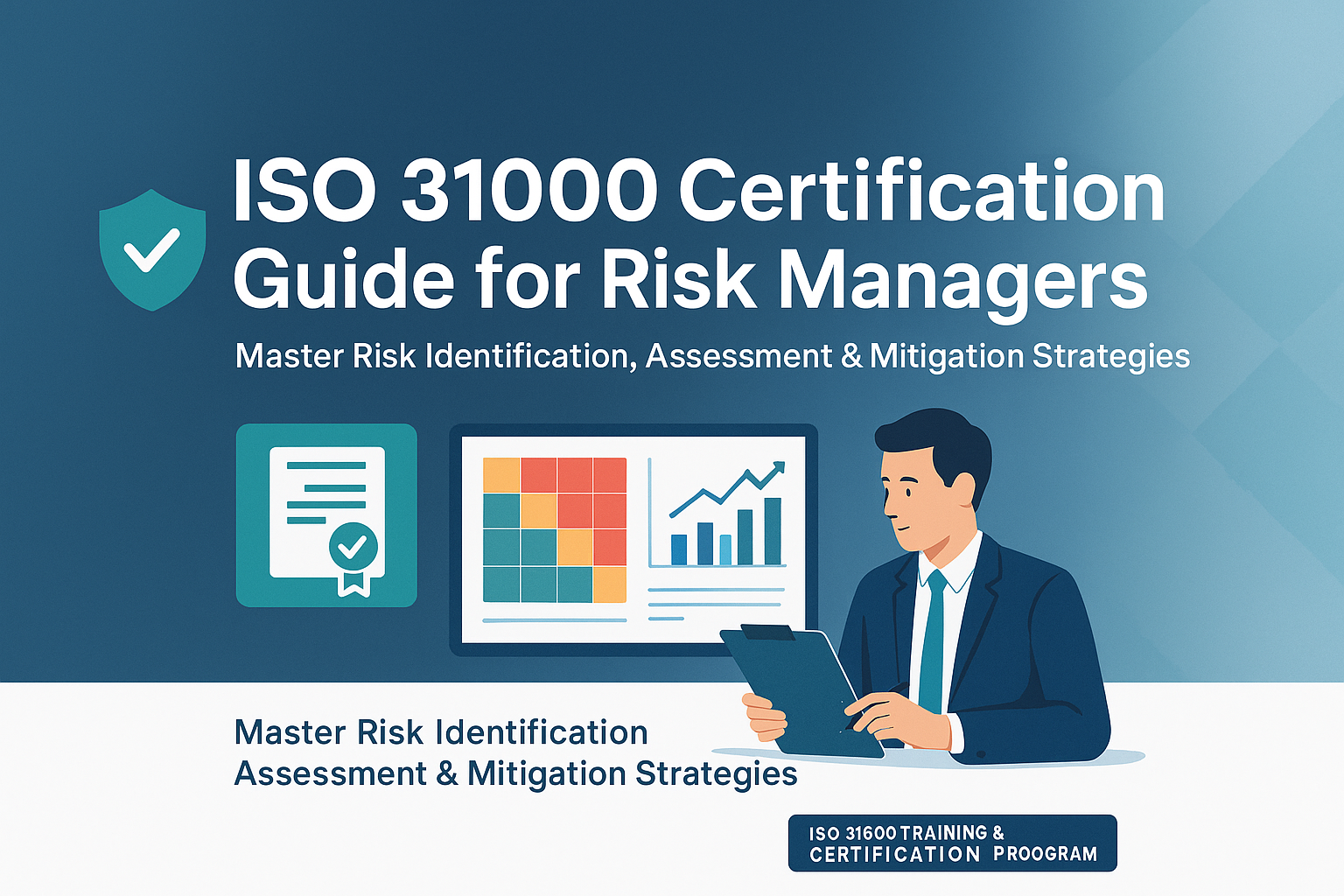
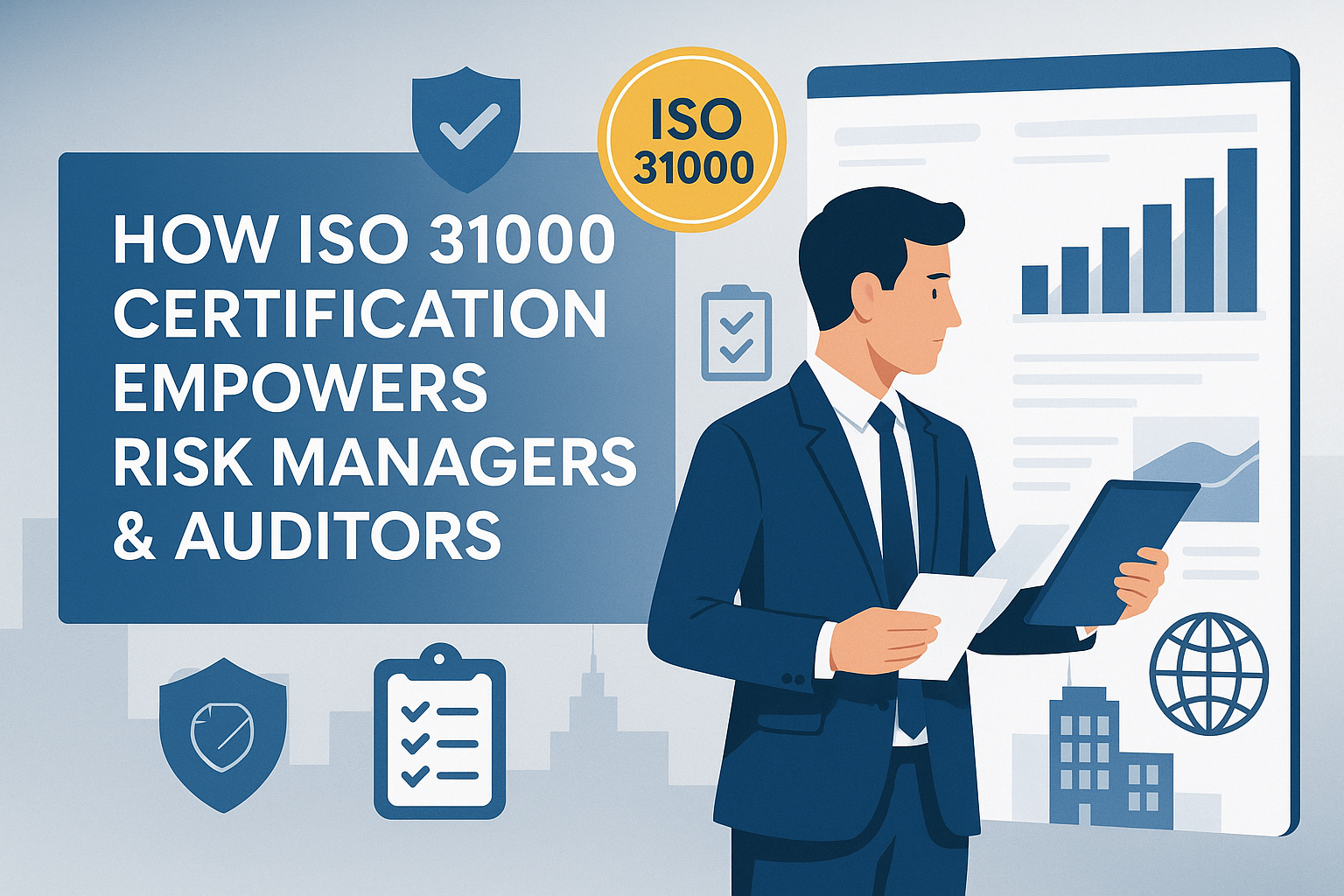
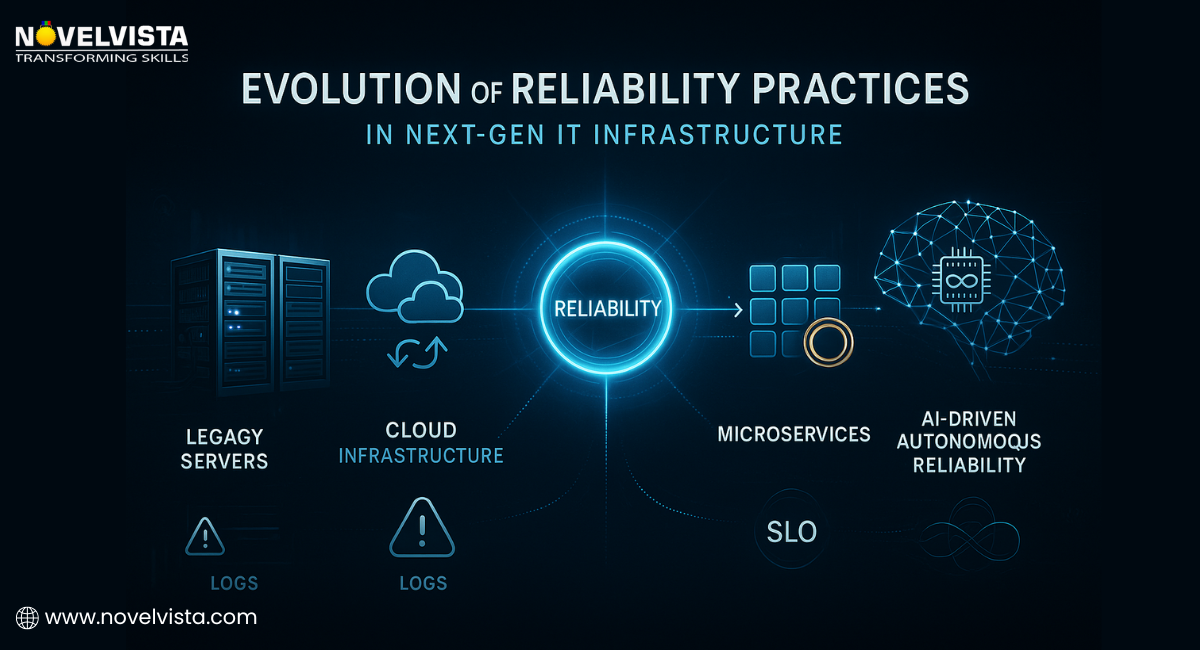
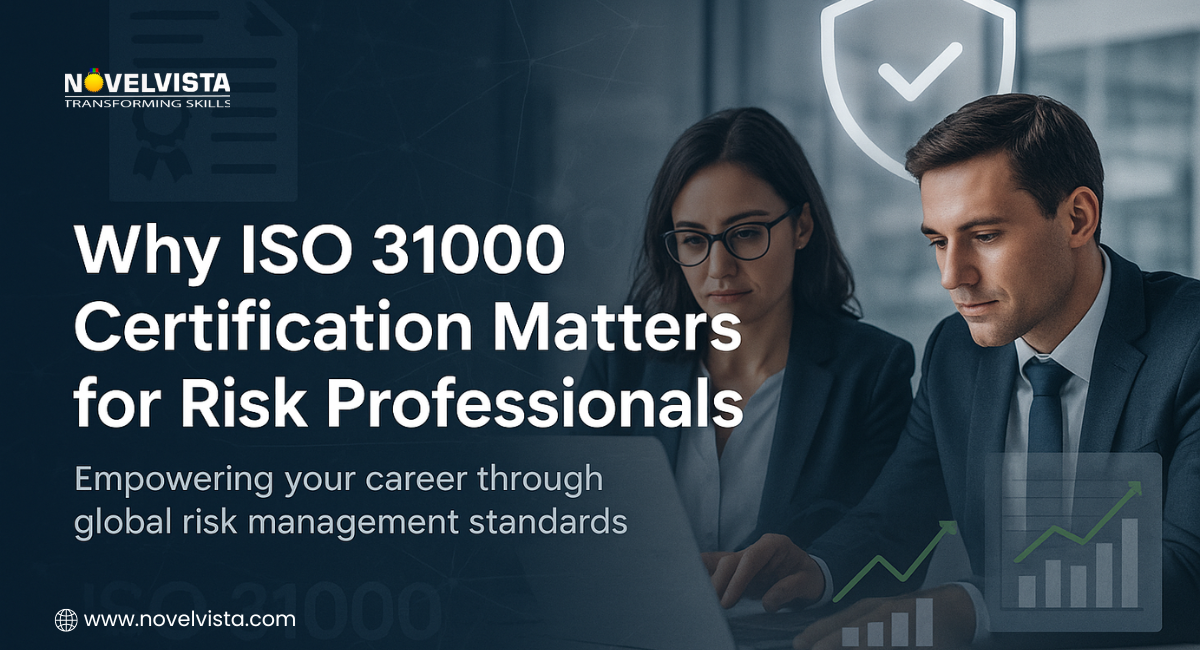
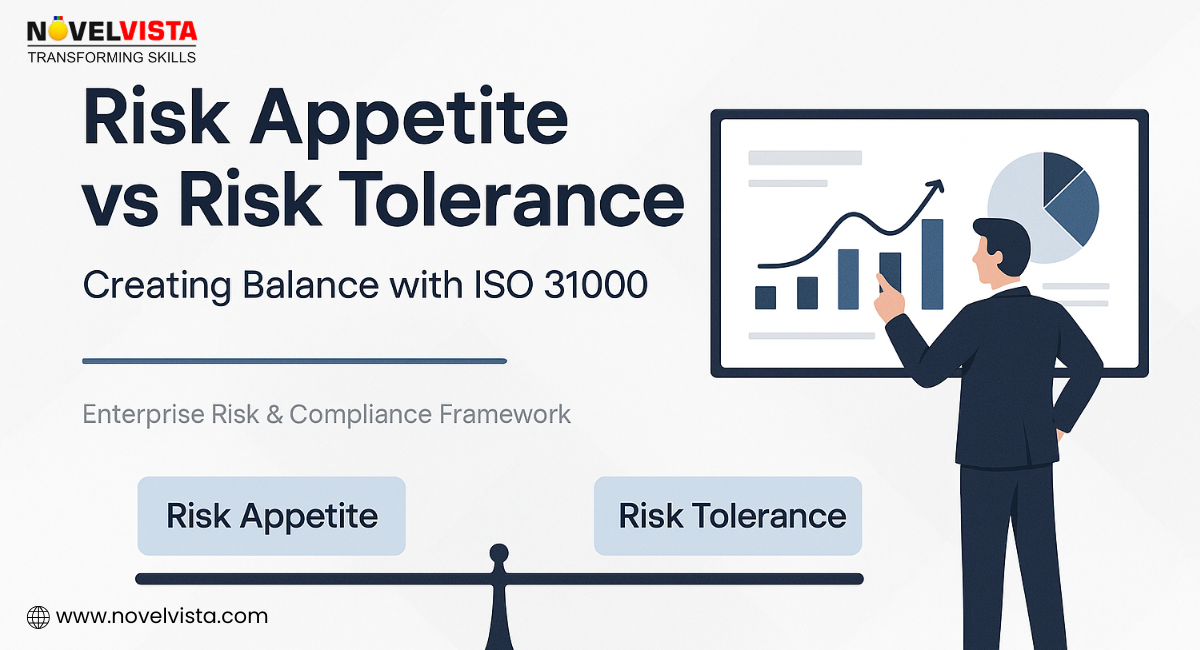
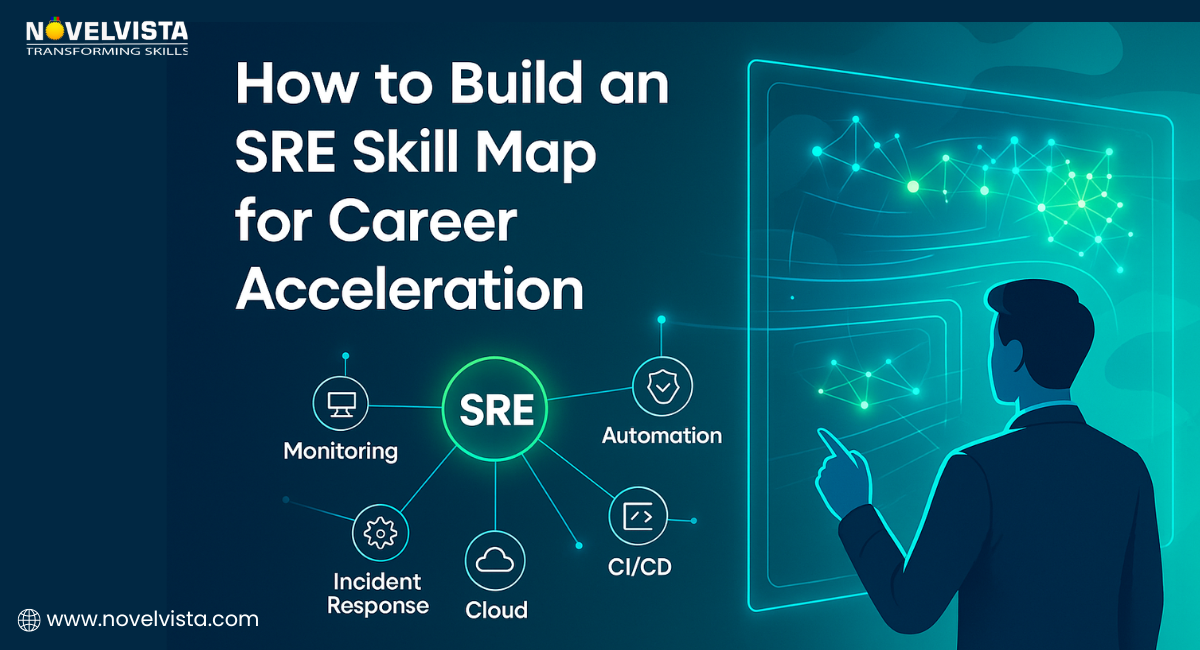
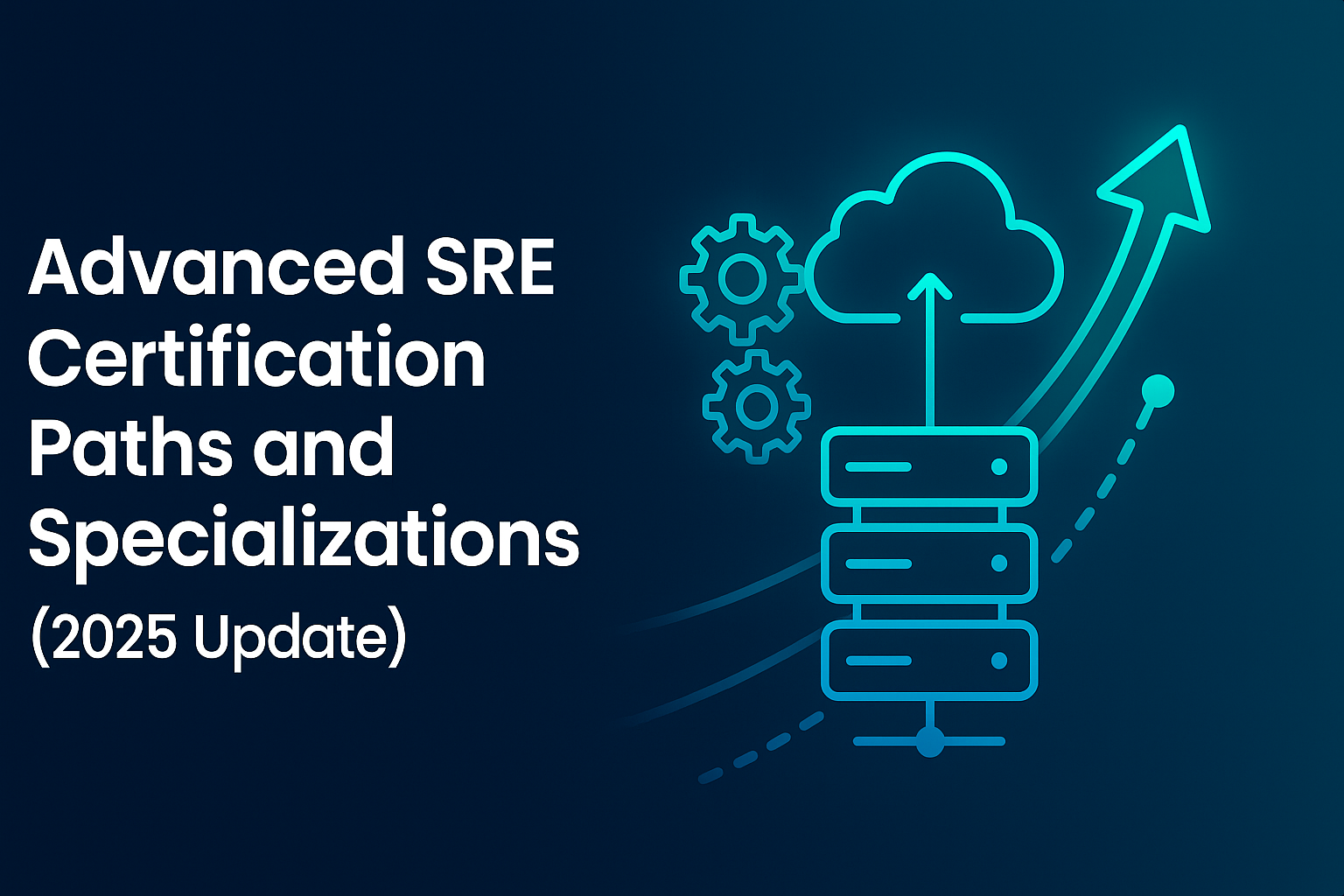
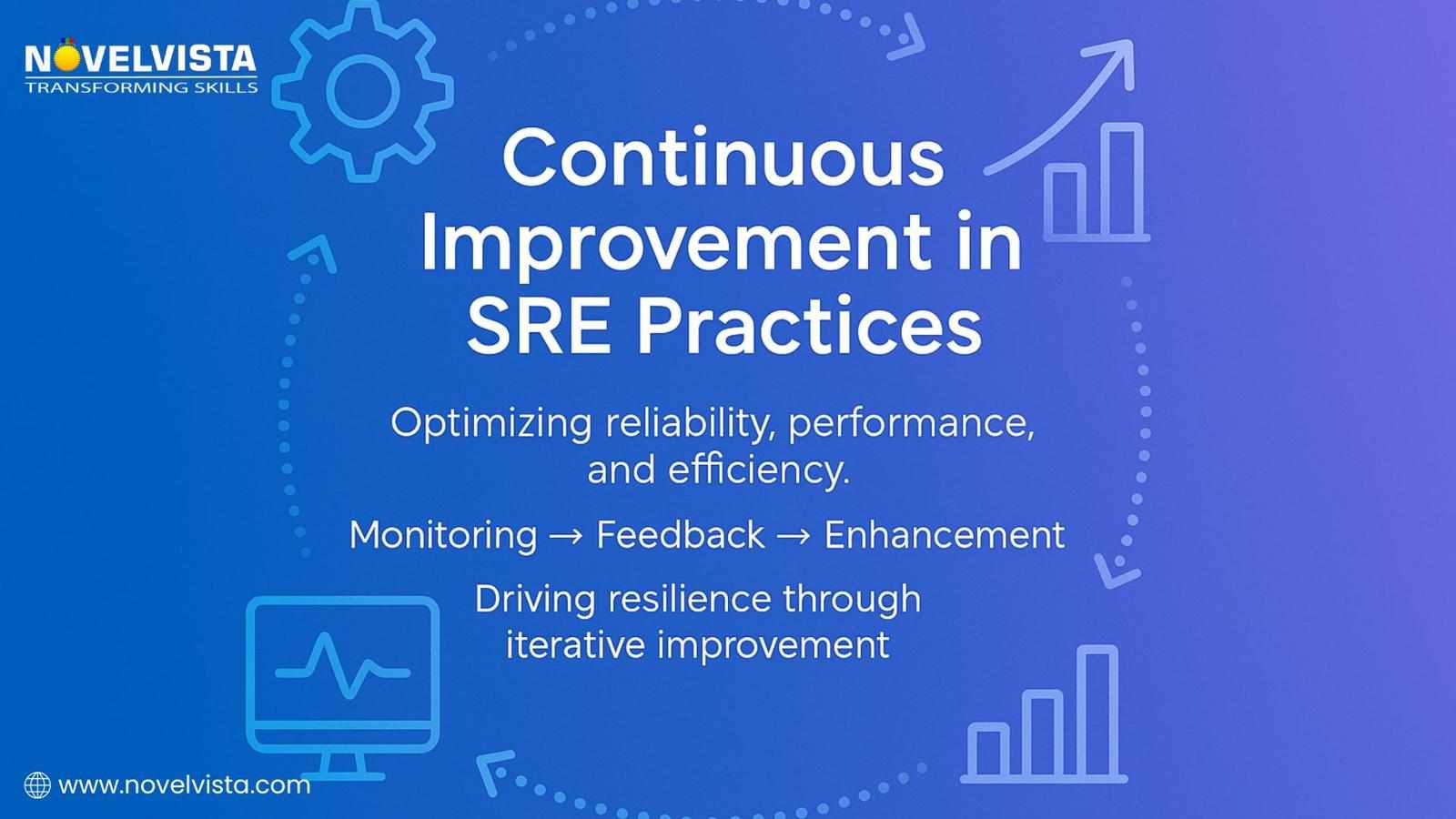
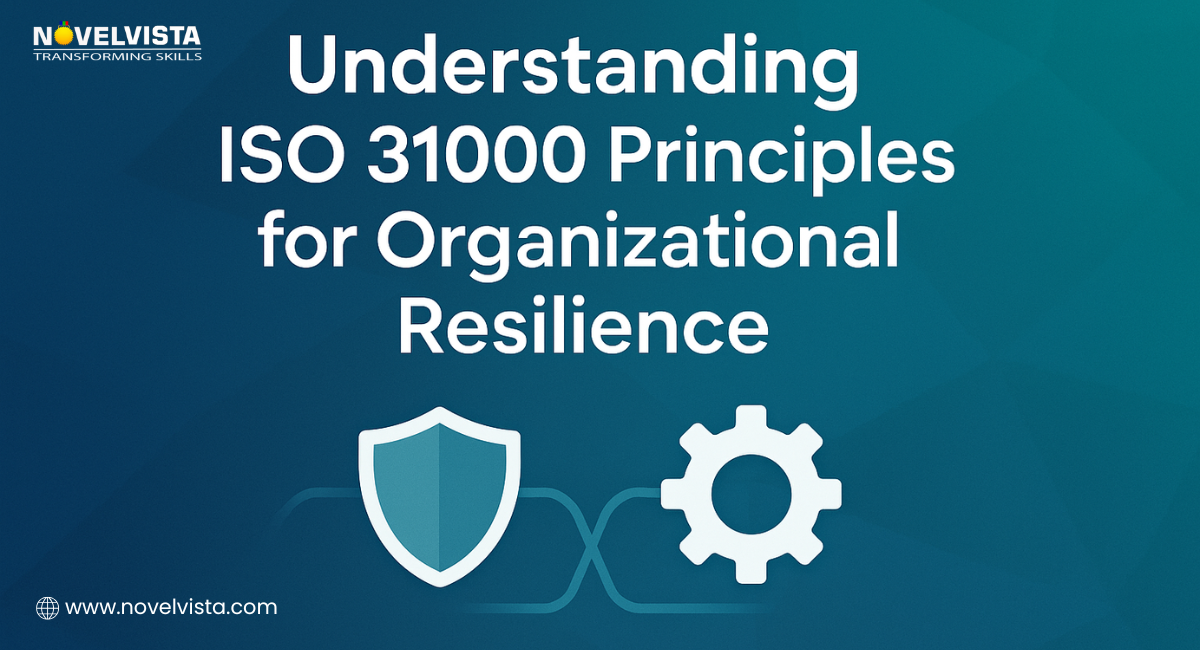
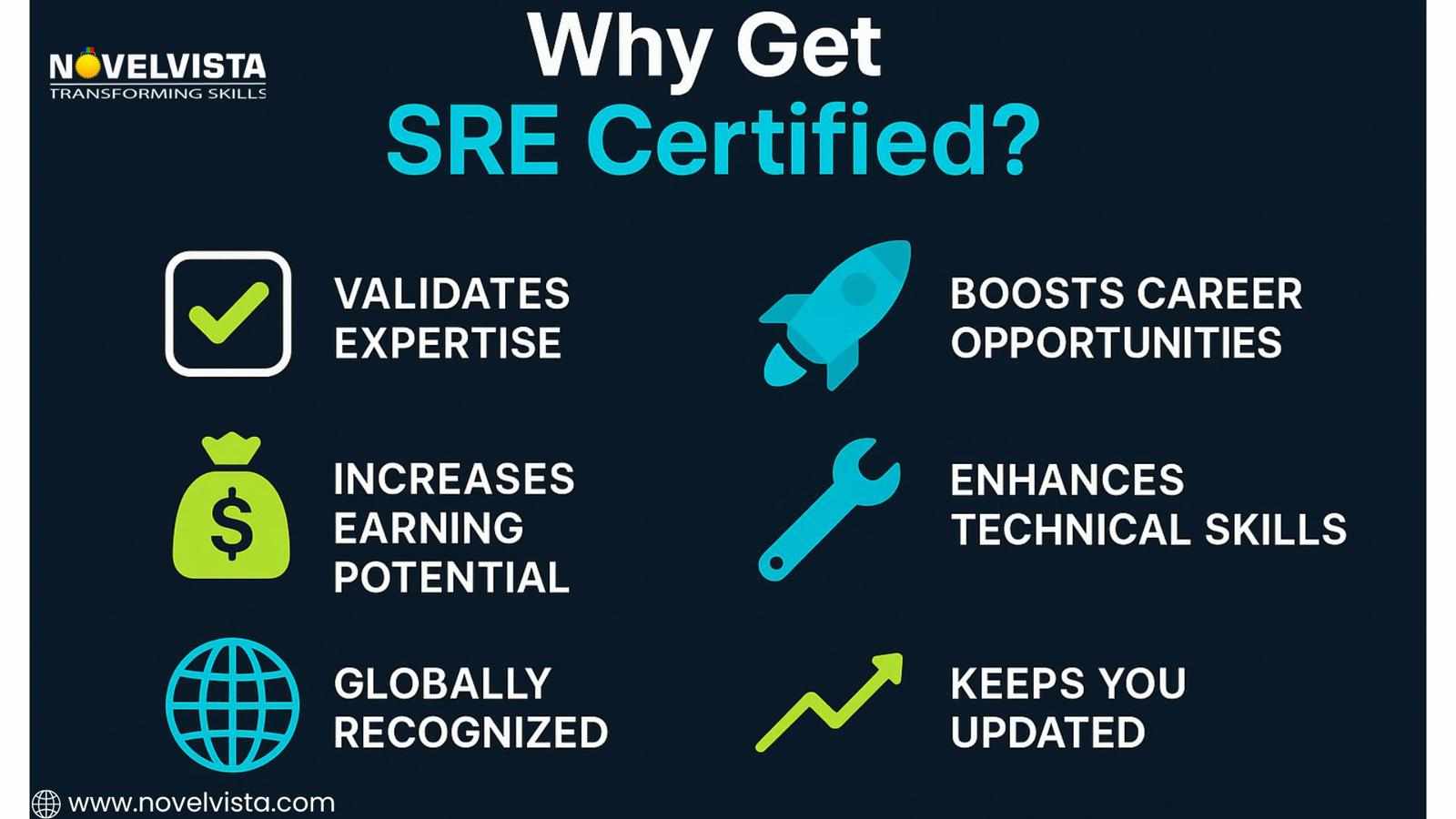
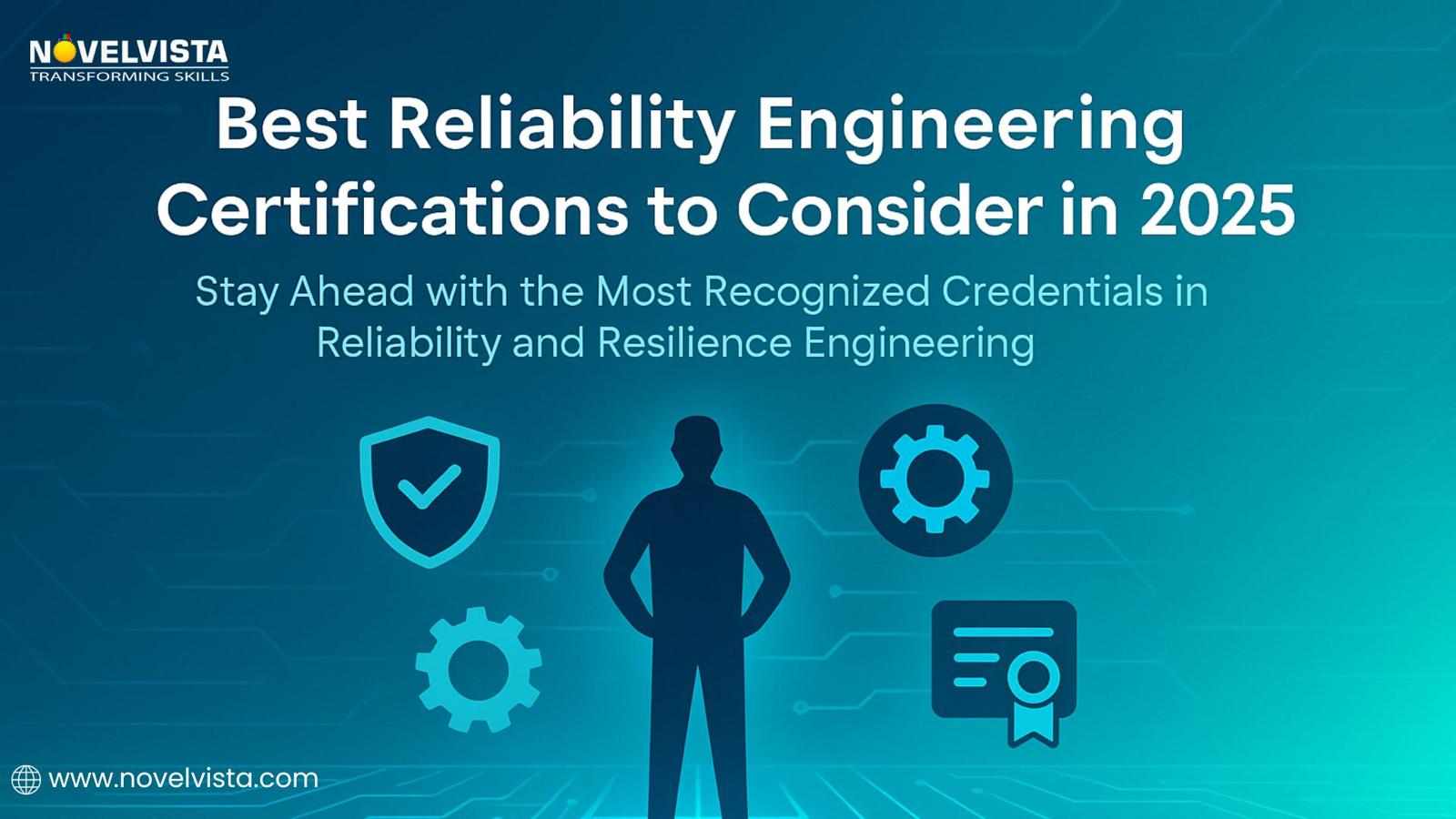
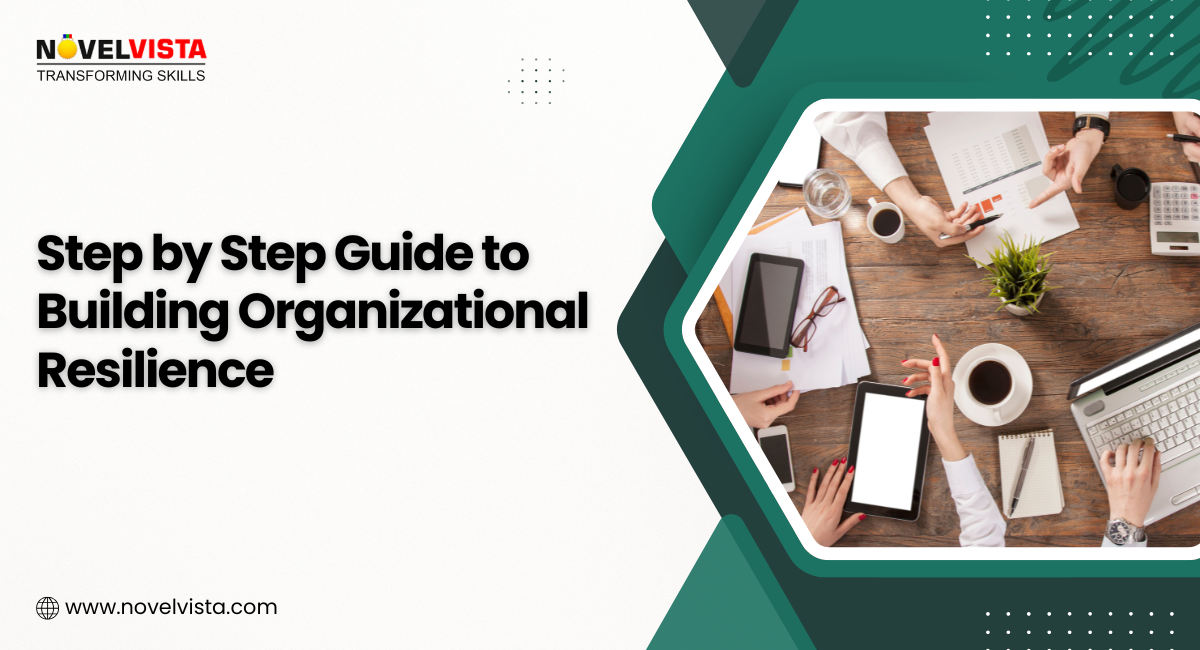
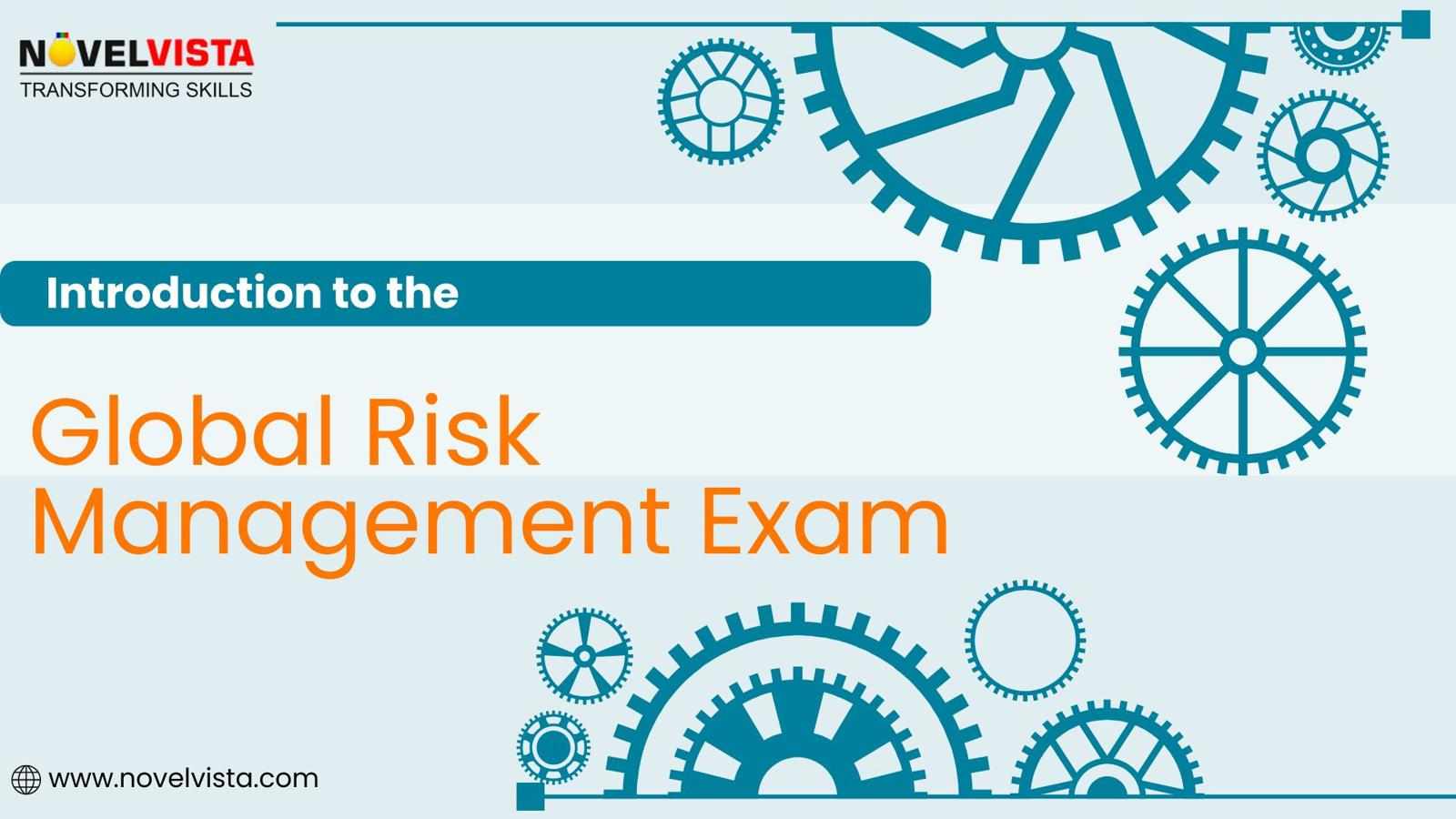
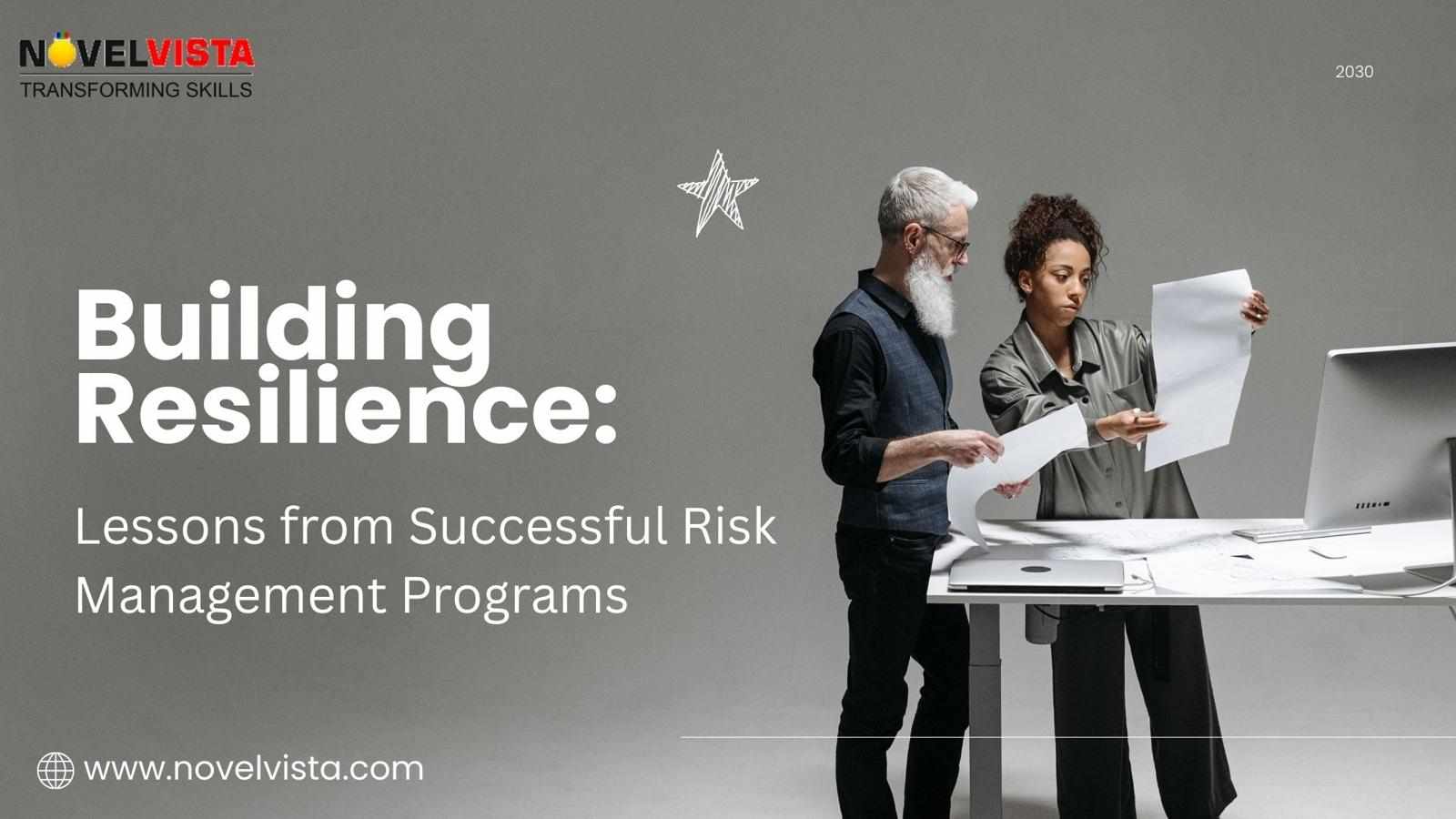
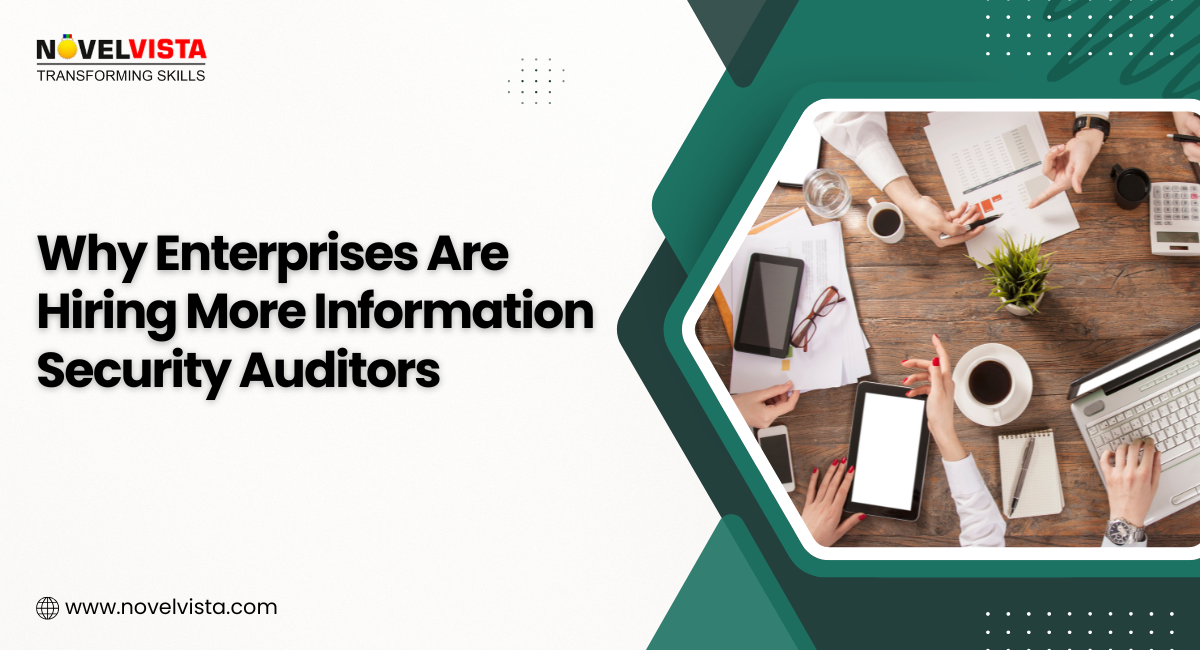
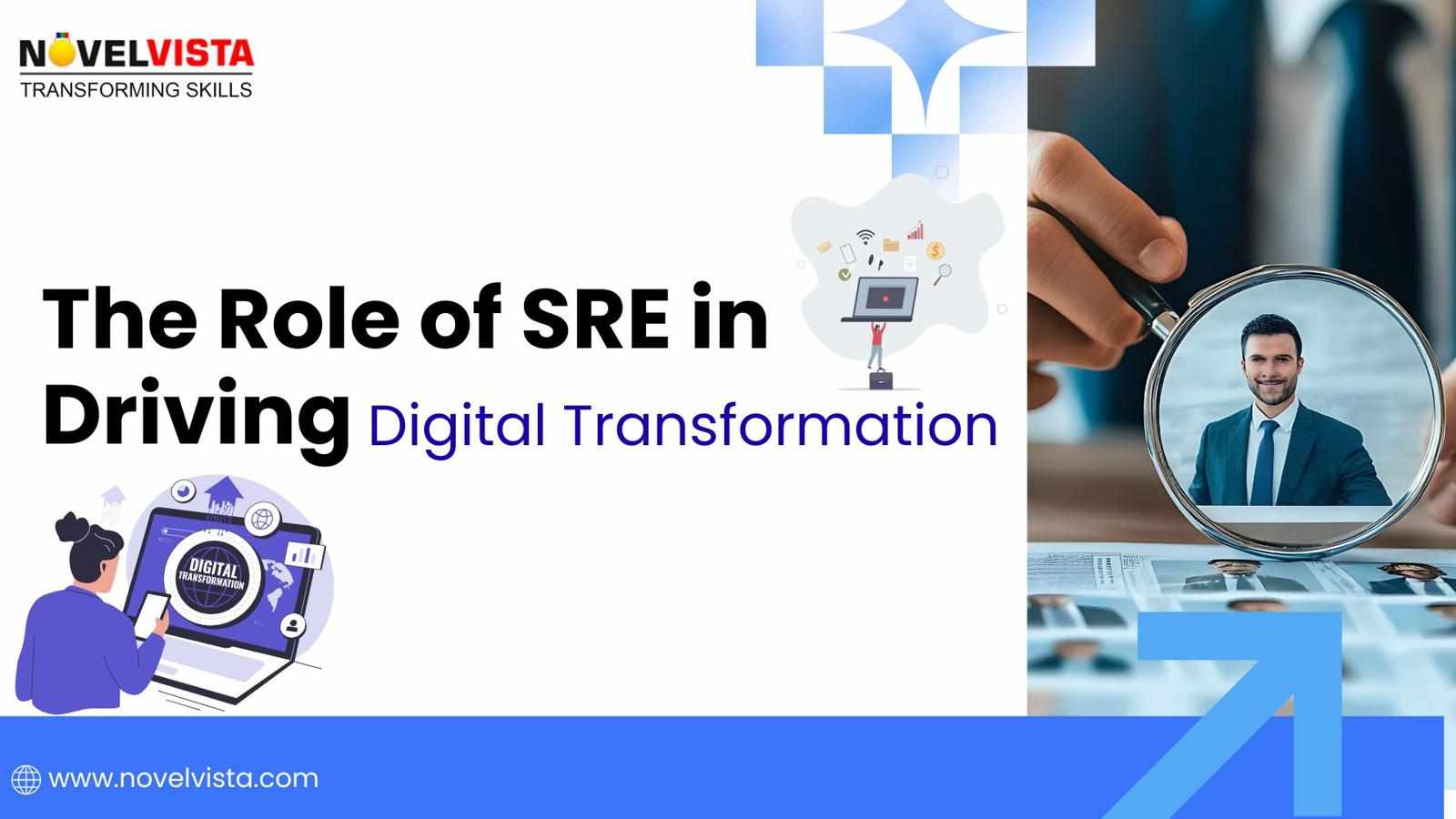
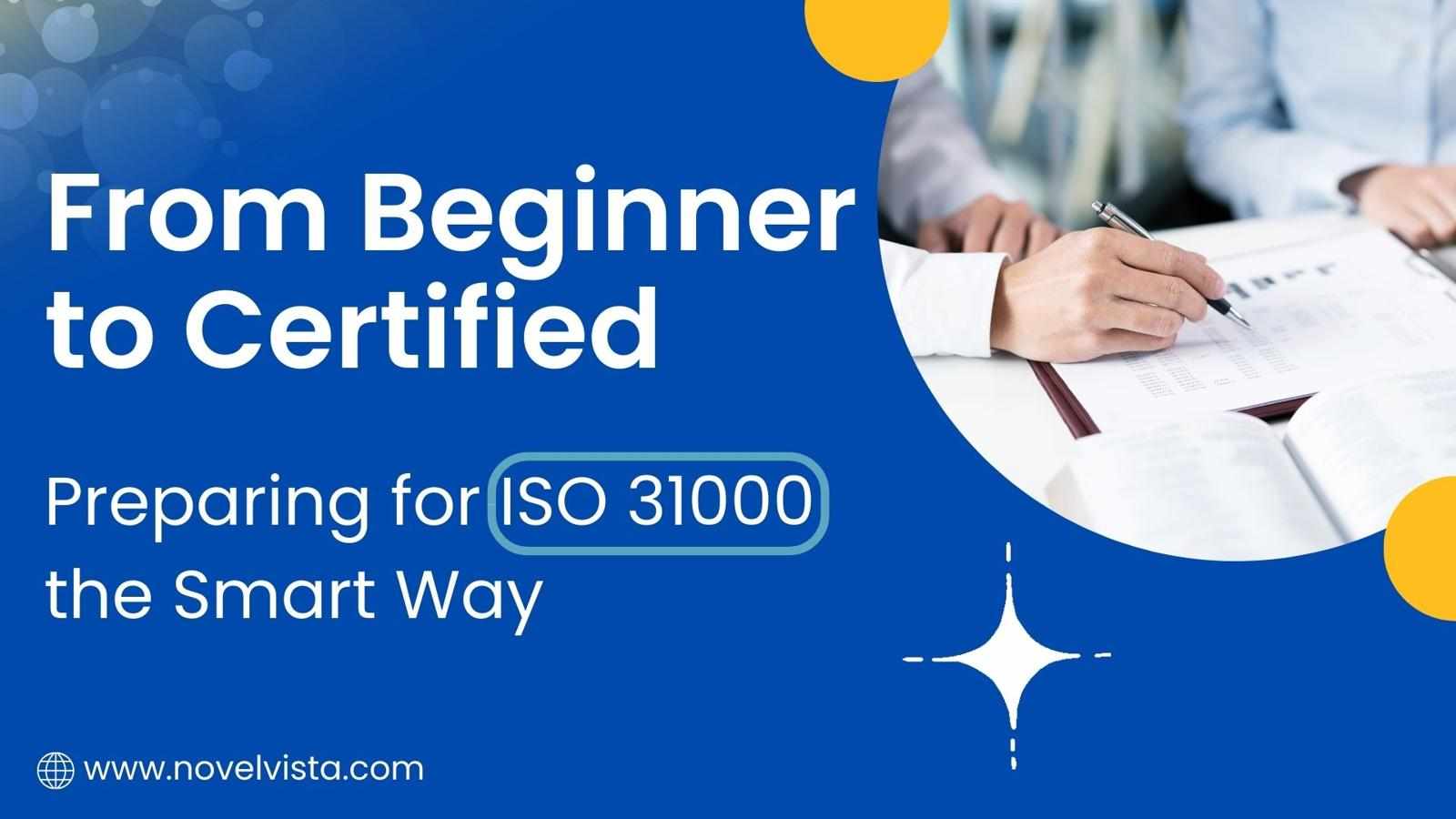
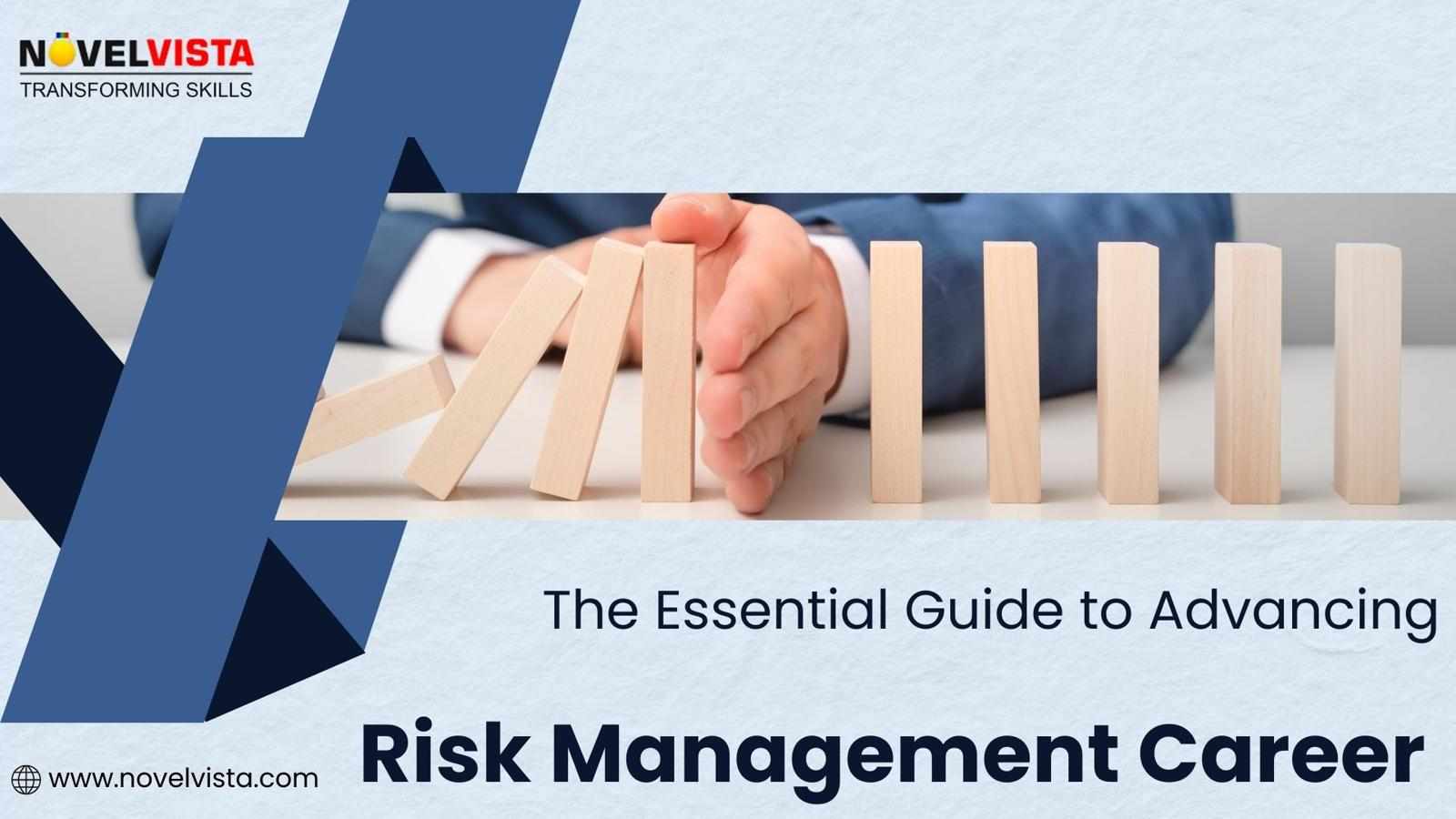
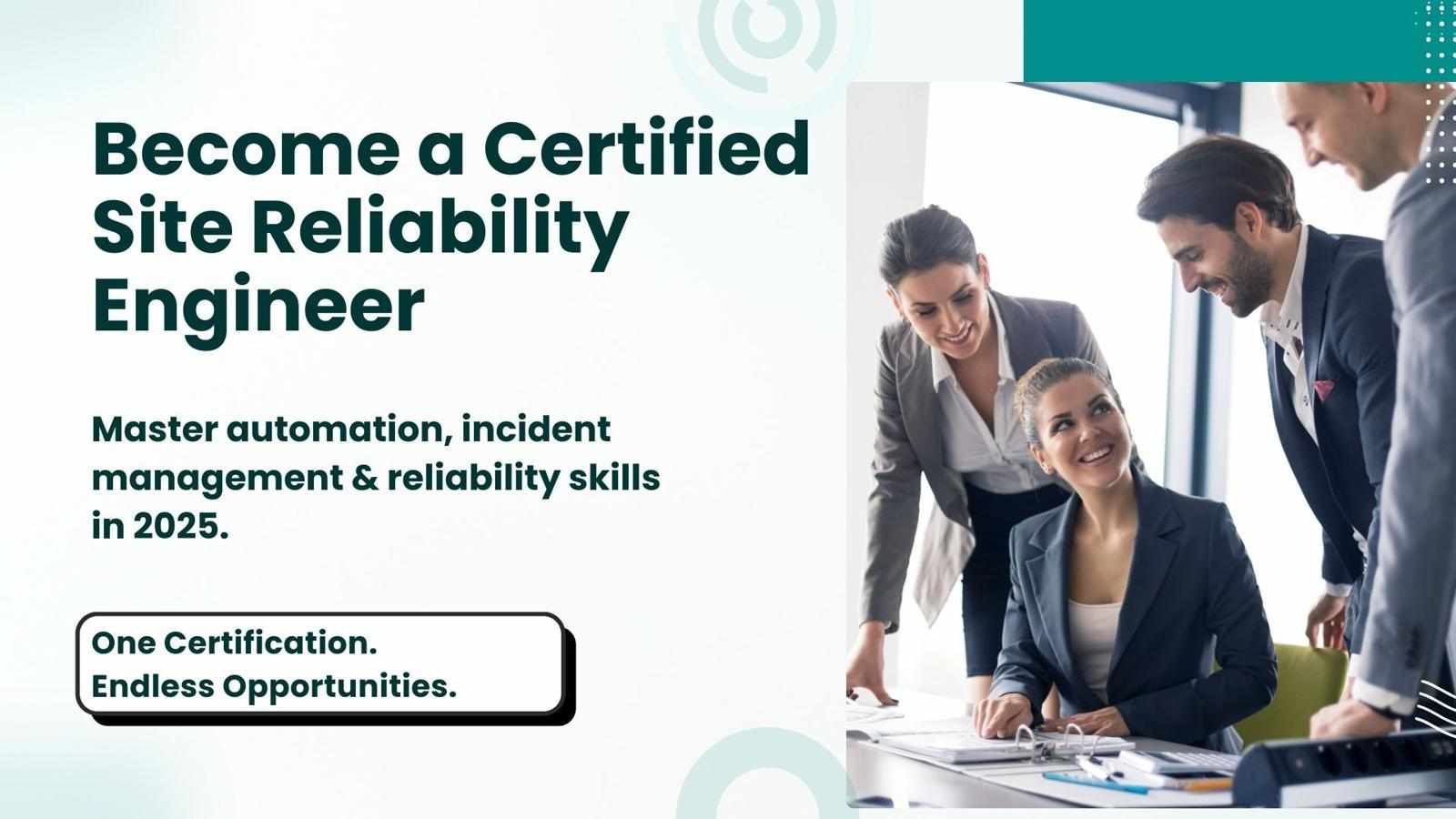
Write a comment ...